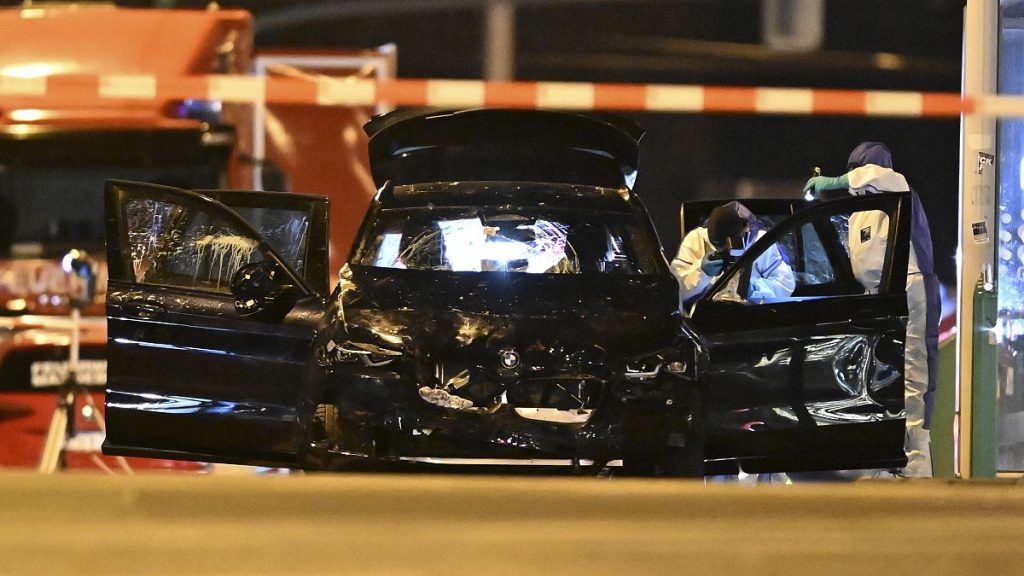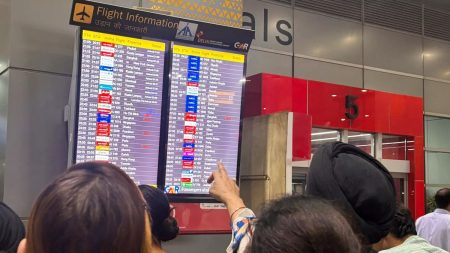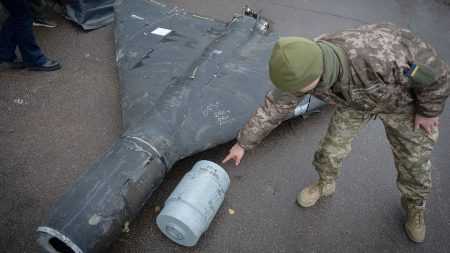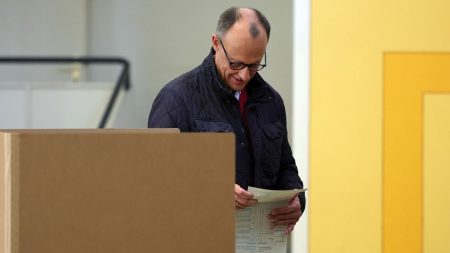The peaceful atmosphere of a bustling Christmas market in Magdeburg, Germany, was shattered on a Friday evening when a car plowed into the crowd, leaving a scene of carnage and chaos. The deliberate attack claimed the lives of at least two individuals, an adult and a toddler, with the grim possibility of further fatalities as 15 others sustained serious injuries. The incident has sent shockwaves through the city and the nation, casting a long shadow over the festive season and evoking painful memories of previous attacks.
The suspect, apprehended swiftly at the scene, has been identified as a 50-year-old Saudi doctor residing in Germany since 2006. Authorities believe he acted alone, offering a modicum of reassurance to a city grappling with fear and grief. While investigations are ongoing, the incident underscores the vulnerability of public spaces and the enduring threat of targeted violence, even amidst seemingly joyous occasions.
The Christmas market, a cherished tradition deeply ingrained in German culture, became the backdrop for this senseless act of violence. The market, teeming with holiday shoppers at the time of the attack, was transformed into a scene of panic and despair. The festive atmosphere, filled with the anticipation of the season, was abruptly replaced by the chilling reality of loss and trauma.
The incident has triggered a ripple effect across Germany, with several other towns opting to cancel their weekend Christmas markets as a gesture of solidarity with Magdeburg and as a precautionary measure. The decision underscores the delicate balance between maintaining a sense of normalcy and ensuring public safety in the face of potential threats. The cancellations also serve as a stark reminder of the far-reaching impact of such attacks, extending beyond the immediate victims and encompassing the wider community.
The attack in Magdeburg resonates with the tragic incident in Berlin eight years prior, where an Islamic extremist drove a truck into a Christmas market, claiming 13 lives. The chilling parallels between the two events highlight the ongoing vulnerability of these public gatherings and the persistent threat of extremism. The recurrence of such attacks raises questions about security measures and the challenges of preventing similar tragedies in the future.
Political leaders across Germany and Europe have expressed their condolences and condemned the attack. Chancellor Olaf Scholz offered his sympathy to the victims and their families, while the European Commission President and NATO Secretary General echoed the sentiments of grief and solidarity. Their messages underscore the widespread condemnation of the attack and the collective resolve to combat such acts of violence. The incident serves as a somber reminder of the fragility of peace and the importance of vigilance in safeguarding public spaces. The investigation into the attack will undoubtedly delve into the suspect’s motives and any potential connections to extremist ideologies. In the wake of this tragedy, questions about security measures and the need for enhanced vigilance at public events will undoubtedly be raised. While the Christmas market tradition holds deep cultural significance, ensuring the safety of those who gather to celebrate remains paramount.










